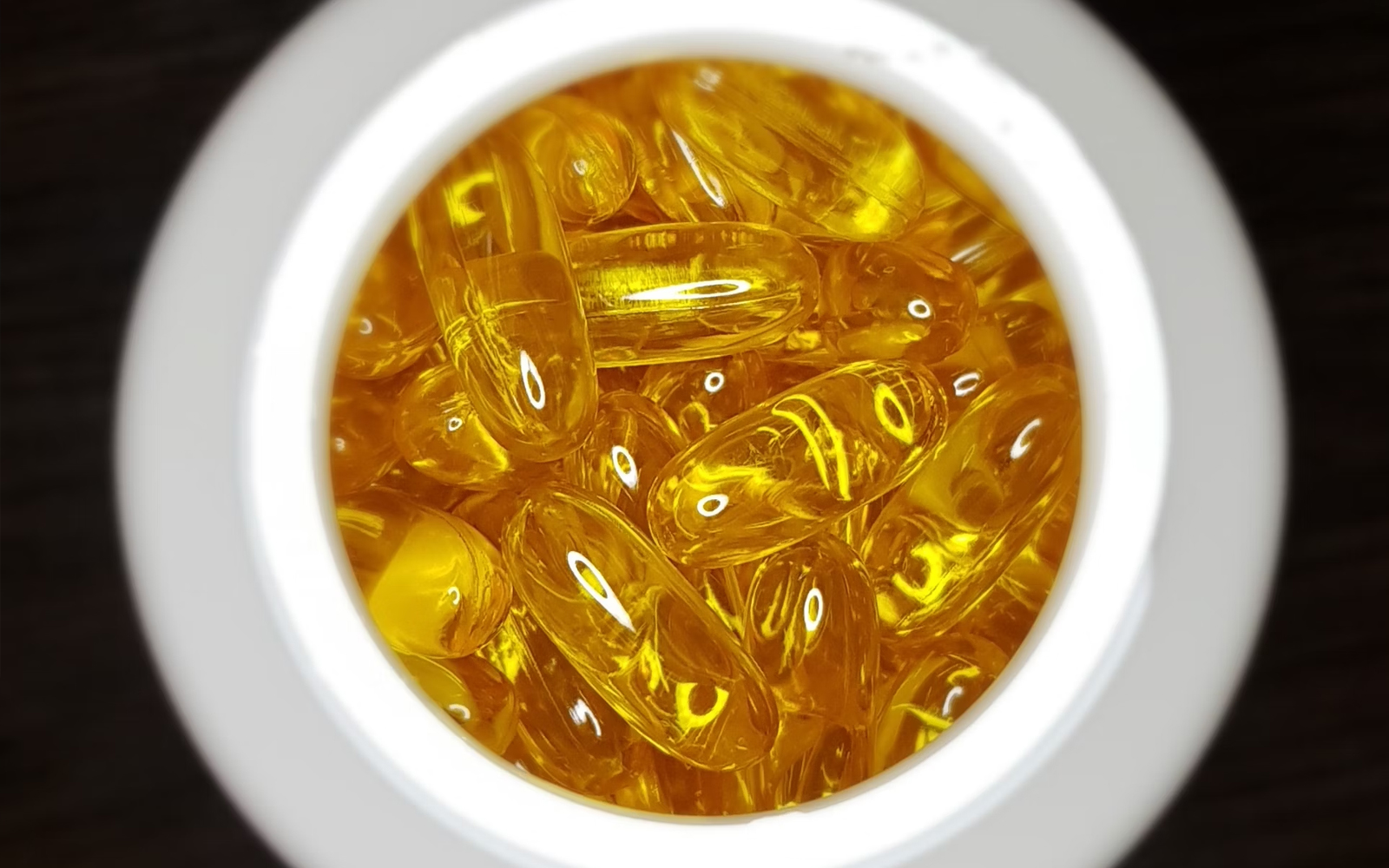
We bring you another summer article addressing a common concern: many people avoid chemicals, fearing that pool chemicals could be harmful to both us and the environment.
Who wouldn’t want to take a dip in a backyard pool or hot tub during the summer heat? Swimming often means entering water treated with chlorine disinfectants. Chlorine and its compounds can not only have an unpleasant odor but can also irritate the skin, eyes, and respiratory system. This article will discuss how to minimize the risks associated with chlorine derivatives.
Safety of Pool Chemicals
The chemicals used to maintain pool cleanliness are safe when used in the recommended amounts. However, in high concentrations, pool chemicals can be harmful to the environment, so it is important to store them carefully at home.
When adding disinfectant to the pool, calculate the volume of water to be treated and dose the disinfectant accordingly.
Treating the water in a backyard pool involves several steps, including disinfection and pH adjustment. While non-chlorine disinfection options are available, most people opt for chlorine-based solutions. Chlorine disinfectants, such as sodium hypochlorite, prevent the growth of bacteria and other organisms.
Risks of Over-Chlorination
If too much chlorine is added to the pool, whether in tablet, granular, or liquid form, the water will have a strong chlorine smell. It’s logical that chlorine should always be used in the smallest effective amount.
Chlorine in pool water can be inhaled and may irritate the eyes and skin. Depending on their chemical structure, various chlorine compounds can enter the body through inhalation or skin contact, causing harmful effects. Trihalomethanes, a group of chemicals formed when organic compounds react with chlorine in water, can enter the body through the skin or inhalation, but the amount absorbed through the skin is negligible compared to inhalation.
Safe Levels of Chlorine
How much chlorine is harmful? The basic rule is that if you can smell chlorine while in the pool, it might be harmful. Before diving into the pool, it is important to shower. Saliva, sweat, urine, and other biological components play a significant role as chemical reactants in forming a wide range of disinfection by-products.
The more contaminated the water is with human-made pollutants, the more potentially harmful chlorine derivatives are present. This is another reason why you should always shower before swimming to remove sweat and cosmetics from your body.
Effects of Chlorine on Skin and Hair
Chlorine has a drying effect on the skin and hair. Many people find their skin dry, tight, red, and itchy after swimming in chlorinated pools. This reaction can resemble eczema, and those with eczema or psoriasis may experience flare-ups. Chlorinated water can also make hair dry, brittle, and lifeless. Wearing a swimming cap can help protect your hair.
Additional Health Concerns
Chlorinated water can contribute to vaginal yeast infections in women. The explanation is simple: chlorine disrupts the vaginal flora, allowing pathogenic fungi to multiply. For women prone to vaginal yeast infections, supporting the vaginal flora with probiotics can help prevent fungal infections.
Chlorine and its derivatives can also cause eye irritation, tearing, and conjunctivitis, resulting in red eyes.
Post-Swimming Care
To minimize the effects of chlorine on your body, it is recommended to shower with lukewarm water after swimming and thoroughly wash your face and eyes with clean water. For those with sensitive skin, using a moisturizer after showering is advisable.
By following these guidelines, you can enjoy your pool while minimizing any potential health risks associated with chlorine.


